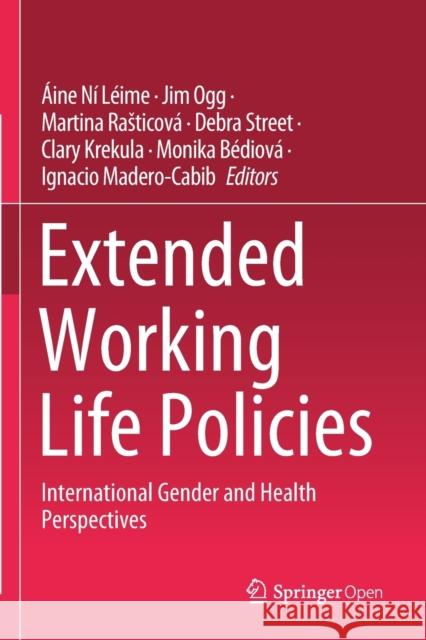Extended Working Life Policies: International Gender and Health Perspectives » książka
topmenu
Extended Working Life Policies: International Gender and Health Perspectives
ISBN-13: 9783030409876 / Angielski / Miękka / 2020 / 515 str.
Extended Working Life Policies: International Gender and Health Perspectives
ISBN-13: 9783030409876 / Angielski / Miękka / 2020 / 515 str.
cena 200,77
(netto: 191,21 VAT: 5%)
Najniższa cena z 30 dni: 192,74
(netto: 191,21 VAT: 5%)
Najniższa cena z 30 dni: 192,74
Termin realizacji zamówienia:
ok. 22 dni roboczych.
ok. 22 dni roboczych.
Darmowa dostawa!
Kategorie:
Kategorie BISAC:
Wydawca:
Springer
Język:
Angielski
ISBN-13:
9783030409876
Rok wydania:
2020
Wydanie:
2020
Ilość stron:
515
Waga:
0.74 kg
Wymiary:
23.39 x 15.6 x 2.77
Oprawa:
Miękka
Wolumenów:
01
Dodatkowe informacje:
Wydanie ilustrowane











